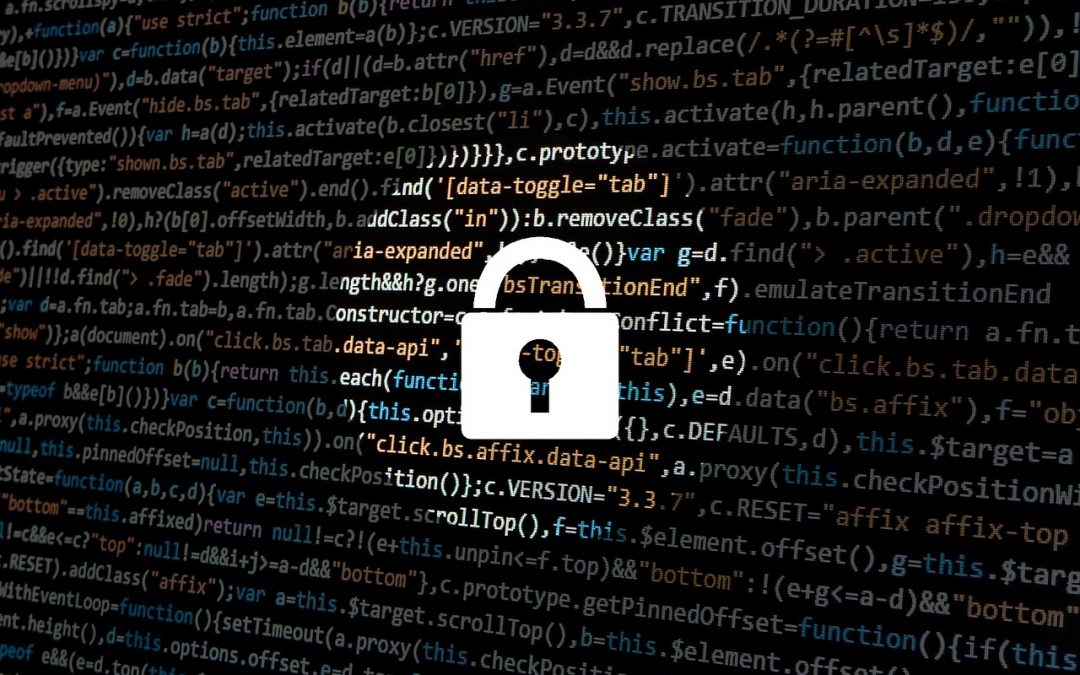For years, advanced video security systems have relied on something called a network video recorder (NVR) to capture video footage. If your organization’s existing security system uses an NVR, you’re probably familiar with it as the central hub that connects dozens of cameras.
In fact, it’s possible that you’ve never second-guessed the safety of the NVR running your security system. Most industry leaders consider NVRs reliable and secure, but this reputation is largely unearned.
Is your organization’s NRV actually a liability instead of an asset?
NVRs and their cousins, digital video recorders (DVRs) become the victims of hackers and attackers far more than you might realize. As a result, they fail to provide even a fraction of the level of protection that most IT professionals expect (and need!).
The Origins of the “Secure NVR” Myth
When they are used as actual, air-gapped devices, NVRs are indeed incredibly secure. This makes sense- any device that is cut off from a wider network will automatically be inaccessible to the exploits of eager hackers.
However, very few modern companies utilize NVRs in that super secure air-gapped manner. Instead, today’s companies need remote access to their footage as they monitor shoppers, archive incidents, and perform loss prevention. Even more importantly, companies need to access their footage from off-site locations.
This requires the NVR to be connected into a network, which immediately creates vulnerabilities and makes the system infinitely more accessible to hackers.
NVR Attacks Are All Too Common
This isn’t just a theory. It has translated into clear security breach examples over the years.
A hacking initiative titled Peekaboo, for example, was recently created to give cyber criminals access to control the management system of any NUUO brand NVRMini2. According to security research firm Tenable, hackers could access “the credentials for all connected video surveillance cameras. Using root access on the NVRMini2 device, cyber criminals could disconnect the live feeds and tamper with security footage.”
That is bad news, and it doesn’t stop at NVRs. Video cameras from many different manufacturers have proven so unreliable that the U.S Senate barred the federal government from using certain brands like Hikvision, Hytera Technologies, and Dahua on the grounds of “public safety…. and other national security purposes.”
It they aren’t good enough for the government, they shouldn’t be good enough for your organization, either.
A Secure Alternative: The Hybrid Cloud
NVRs and DVRs may be ubiquitous, but they’re certainly not the only option. Cloud-based alternatives are currently redefining how we use and interact with our security systems. In fact, these cloud-based systems have become so advanced that they now offer unprecedented benefits over traditional systems.
Want to Learn More About Hybrid Cloud Video Surveillance? Join Our Next Webinar!
A few different camera companies utilize the cloud, but nobody does it like Verkada. The Verkada company offers a cloud-based camera system with end-to-end encryption. Since cameras have outbound-only connections, they’re significantly more protected against unauthorized users accessing the network.
Cloud-based video also promotes easier firmware and security updates, offers high-level encryption, and encourages an overall culture of risk avoidance, so it’s proving to be an effective way to keep the cameras rolling and trust that your enterprise is as fortified as possible.


